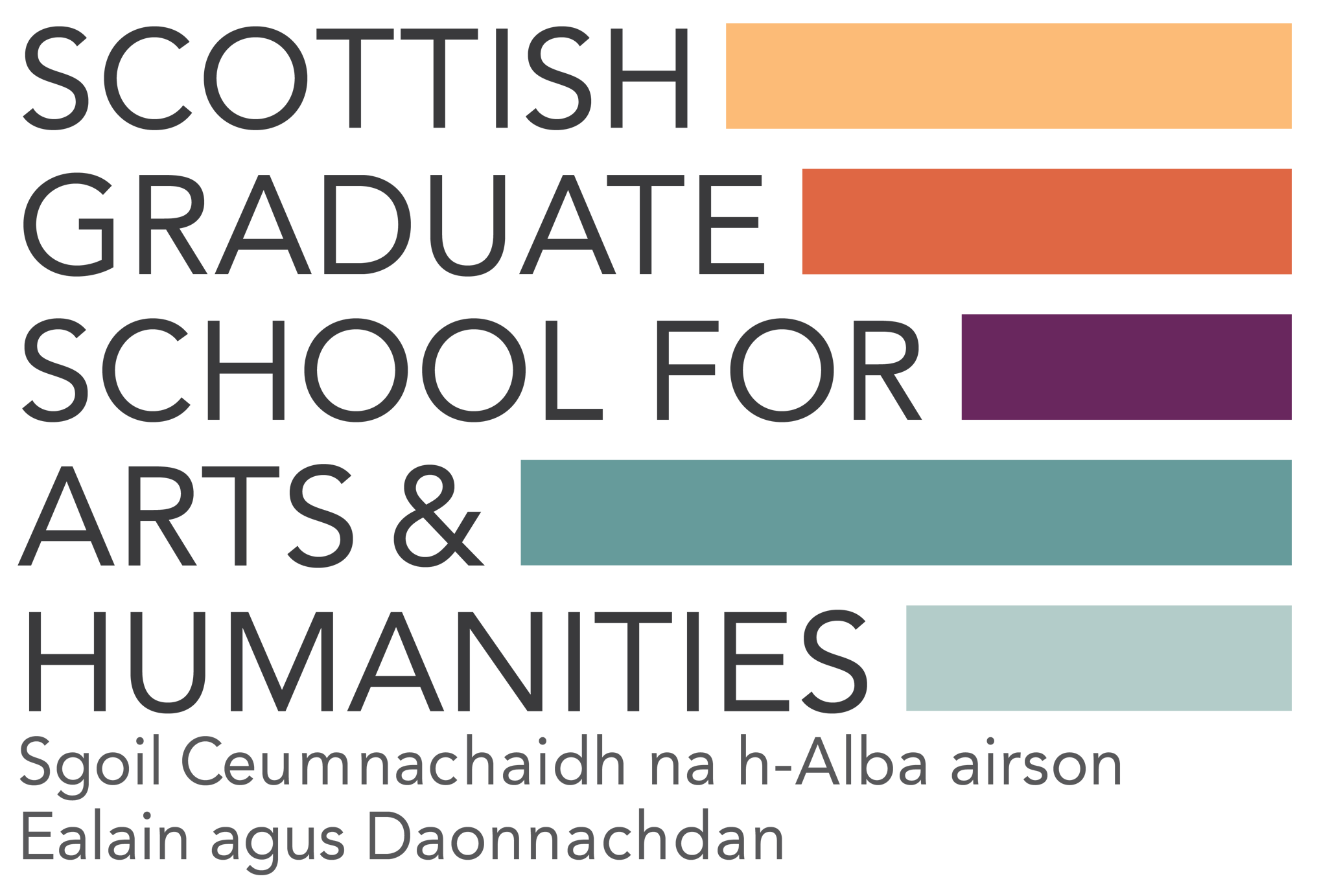Material Culture Training Programme – Meeting invitation
Published: 4 July 2016
Meeting Wednesday 10 August 2016 1-3pm, SGSAH Office. The course will appeal to researchers who already actively engage with collections, but also to those who are keen to develop a deeper understanding & awareness of how studying artefacts may generate new forms of knowledge. The programme is currently in the early phases of development, and your input at this stage would be very valuable.
The SGSAH are developing a new training programme on Material Culture, in collaboration with HEI & cultural institutions in Scotland (part of the programme will run at the new Kelvin Hall facilities in Glasgow). The course will be based around a series of events/sessions, and will culminate with a postgraduate symposium (to take place in March 2017). It will notably look at working with archives & collections, and will explore ways of grasping the material world on a practical & theoretical level (how do we do theory with things? How can we write about objects & use them as arguments?).
The programme is currently in the early phases of development, and your input at this stage would be very valuable. On Wednesday 10 August 2016 1-3pm we will meet & talk to those of you who have an initial interest in the programme at the SGSAH office. This would help us identify & discuss your needs, expectations & hopes.
We expect that the course will include & benefit as many doctoral researchers as possible. The course will appeal to researchers who already actively engage with collections, but also to those who are keen to develop a deeper understanding & awareness of how studying artefacts may generate new forms of knowledge.
For those interested we will be holding a meeting at the SGSAH office, 4 Lilybank Gardens, University of Glasgow, G12 8RZ on Wednesday 10 August 2016 1-3pm. If you are interested in participating please contact us at admin@sgsah.ac.uk
The Material Culture Training Programme will be run by Dr Elodie Roy, who completed her doctorate at the University of Newcastle in 2014. Elodie has since worked at the Glasgow School of Art, completed a postdoctoral research project at Humboldt University (Berlin), and co-organised a number of conferences and events on material culture. Recently Elodie worked on the Material Culture in Action conference at the Glasgow School of Arts & the Musical Materialities in the Digital Age conference at the University of Sussex.
Please contact admin@sgsah.ac.uk with any initial questions/comments you may have.
First published: 4 July 2016
<< News Archive



